- Home
- Philip Pullman
The Golden Key Page 4
The Golden Key Read online
Page 4
Now after she was brought back to life, a change came over the princess. All the love she had for her husband drained away from her heart. She still pretended to love him, however, and when he suggested making a sea voyage to visit his old father, she agreed at once. ‘What a pleasure it’ll be to meet the noble father of my dearest husband!’ she said.
But once at sea she forgot the great devotion the young man had shown her, because she felt a lust growing in her for the captain of the ship. Nothing would satisfy her but to sleep with him, and soon they were lovers. One night in his arms she whispered, ‘Oh, if only my husband were dead! What a marriage we two would make!’
‘That is easily arranged,’ said the captain.
He took a length of cord and, with the princess at his side, crept into the cabin where the young man was sleeping. The princess held one end of the cord and the captain wound the other around her husband’s neck, and then they pulled so hard that, struggle as he might, he couldn’t fight them off, and soon they had strangled him.
The princess took her dead husband by the head and the captain took him by the feet, and they threw him over the ship’s rail. ‘Let’s go home now,’ said the princess. ‘I’ll tell my father that he died at sea, and I’ll sing your praises, and he’ll let us be married and you can inherit the kingdom.’
But the faithful servant had seen everything they’d done, and as soon as their backs were turned he untied a boat from the ship and rowed back in search of his master’s body. He soon found it, and after hauling it into the boat he untied the cord from around the young man’s neck and put the three snake leaves on his eyes and mouth, and he came back to life at once.
Then the two of them rowed with all their might. Day and night they rowed, stopping for nothing, and their boat flew over the waves so fast that they reached the shore a day before the ship, and went straight to the palace. The king was amazed to see them.
‘What’s happened?’ he said. ‘Where’s my daughter?’
They told him everything, and he was shocked to hear of his daughter’s treachery.
‘I can’t believe she’d do such a terrible thing!’ he said. ‘But the truth will soon come to light.’
And so it did. Very soon the ship arrived at the port, and on hearing of this the king made the young man and his servant wait in a hidden room, where they could listen to everything that was said.
The princess, dressed all in black, came sobbing to her father.
‘Why have you come back alone?’ he said. ‘Where’s your husband? And why are you wearing mourning?’
‘Oh, father dear,’ she said, ‘I’m inconsolable! My husband took ill with the yellow fever and died. The captain and I had to bury him at sea. If he hadn’t helped me, I don’t know what I would have done. But the captain’s such a good man – he looked after my dear husband when the fever was at its height, no matter what the danger. He can tell you all about it.’
‘Oh, your husband’s dead, is he?’ said the king. ‘Let’s see if I can bring him back to life.’
And he opened the door and invited the other two to come out.
When the princess saw the young man, she fell to the ground as if she’d been struck by lightning. She tried to say that her husband must have been hallucinating in his fever, that he must have fallen into a coma so deep they mistook it for death; but the servant produced the cord, and in the face of that evidence she had to admit her guilt.
‘Yes, we did it,’ she sobbed, ‘but please, father – show some mercy!’
‘Don’t speak to me of mercy,’ said the king. ‘Your husband was ready to die in the grave with you, and he gave you back your life, but you killed him in his sleep. You’ll get the punishment you deserve.’
And she and the captain were put on board a ship with holes drilled in the hull, and sent out over the stormy sea. Soon they sank with the ship, and were never seen again.
***
Source: stories told to the Grimm brothers by Johann Friedrich Krause and the von Haxthausen family
Similar stories: Italo Calvino: ‘The Captain and the General’, ‘The Lion’s Grass’ (Italian Folktales)
A vivid and intriguing tale, which falls into two halves, the first half being magic and the second romantic/realistic. The version in Grimm ties both halves together skilfully by means of the leaves in the title. I haven’t altered it apart from the business of the young man’s murder. In the original he’s just thrown over the side of the ship, but in the two similar tales in Calvino the hero is executed, by firing squad in the first case and on the gallows in the second, and is thus incontrovertibly dead before being brought back to life by means of the magic leaves. I thought that the young man in this story ought to be unmistakably and dramatically killed too, hence the strangling, which also allows the servant to prove the wife’s guilt by producing the cord.
But into how many pieces is the snake cut? This vital question seems to have foxed everyone, including the Grimms themselves. The text has unequivocally ‘und hieb sie in drei Stücke’ – ‘and cut it into three pieces’ – and David Luke, Ralph Mannheim and Jack Zipes all leave that as it is in their translations of the story. Yet to do that would only take two blows of the young man’s sword, and consequently there would be only two places to put the leaves, not three. We need to look at what’s essential, and what’s essential is the number three (the three leaves, the princess’s eyes and mouth, the classic fairy-tale ‘three’), so there need to be three places for the second snake to put the leaves, hence there need to be three blows of the sword, which would cut the snake not into three but into four. But to say that introduces the idea of four unhelpfully into the reader’s or listener’s mind. I think the best solution is what I’ve done above.
***
Get a bonus Grimm’s story from Phillip Pullman at www.penguin.com/pullmanbonusstory
Acclaim for Philip Pullman’s Fairy Tales from the Brothers Grimm: A New English Version
“You didn’t know you needed to reread Grimm. You do. This is a grand and great book. With confidence and modesty alike, Pullman adds just enough Pullman to remind us that the oldest stories are always best told by someone who knows how to do the job of storytelling. No grandstanding here, no posturing or poesy making. Pullman selects familiars and exotics and gives us the goods anew—the ashes never grittier, the golden shoes never more lively, and the teller’s notes concise, witty, scholarly even. Older Grimms—put them on the top of the bookcase. This one needs to be closer to hand. I read it ravenously, rapturously.”
—Gregory Maguire, author of Wicked and Making Mischief: A Maurice Sendak Appreciation
“I could not imagine a better emissary for the Brothers Grimm than Philip Pullman. His translations have the timeless quality of a voice speaking in a quiet room, ancient and immediate to the senses. What a pleasure it is to be reacquainted with these stories in all their swiftness, wonder, horror and charm.”
—Kevin Brockmeier, author of The Brief History of the Dead
“Philip Pullman’s Grimm is quite eloquent, and his commentary is witty and historically accurate. There is no doubt in my mind that the Grimms would have been delighted with what he has accomplished.”
—Jack Zipes, Professor Emeritus, University of Minnesota
“In this pitch-perfect retelling of the Grimms’ fairy tales, Philip Pullman reminds us that the stories have lost none of their relevance or racing energy, even two hundred years after they were written down. As storyteller and sage, he preserves the flavors and aromas of fine old wines from times past and delivers them to us in sparkling new bottles.”
—Maria Tatar, Harvard University; author of The Classic Fairy Tales
“I’ve admired Philip Pullman since his early fantasy Galatea on through his splendid trilogy, His Dark Materials. All of his gifts, including his prose eloquence and his end
less, high Romantic imagination, are manifested in this marvelous retelling of Grimm.”
—Harold Bloom
ABOUT THE AUTHOR
Philip Pullman’s His Dark Materials trilogy has sold more than fifteen million copies and been published in more than forty countries. The first volume, The Golden Compass, was made into a major motion picture starring Nicole Kidman and Daniel Craig. Pullman is at work on a companion His Dark Materials novel, The Book of Dust. He lives in Oxford, England.

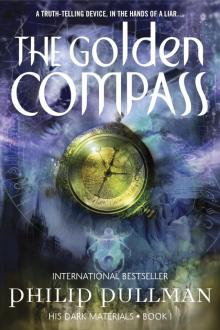 The Golden Compass
The Golden Compass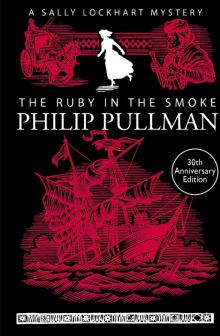 The Ruby in the Smoke
The Ruby in the Smoke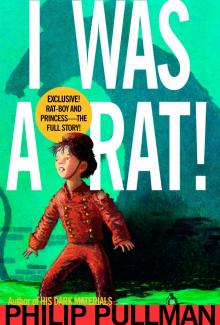 I Was a Rat!
I Was a Rat!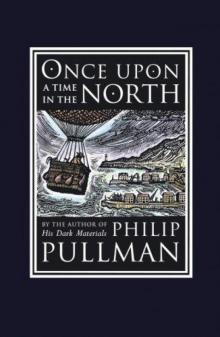 Once Upon a Time in the North
Once Upon a Time in the North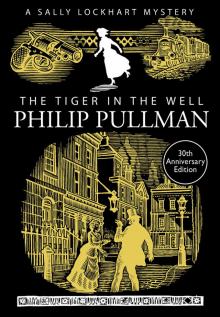 The Tiger in the Well
The Tiger in the Well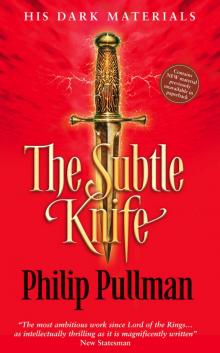 The Subtle Knife
The Subtle Knife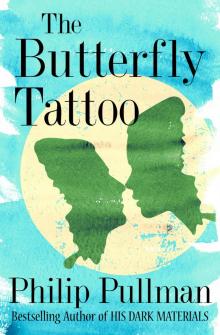 The Butterfly Tattoo
The Butterfly Tattoo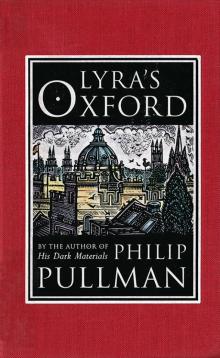 Lyra's Oxford
Lyra's Oxford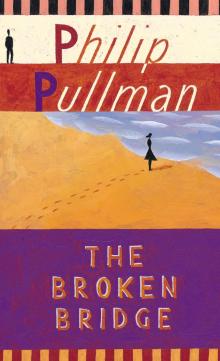 The Broken Bridge
The Broken Bridge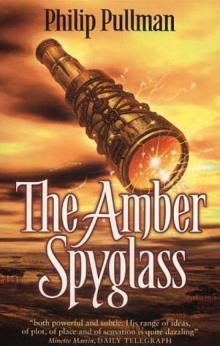 The Amber Spyglass
The Amber Spyglass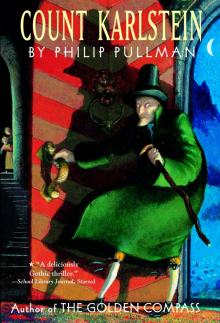 Count Karlstein
Count Karlstein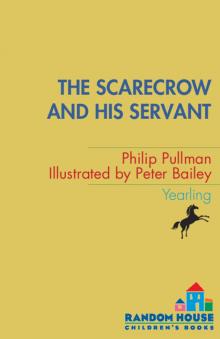 The Scarecrow and His Servant
The Scarecrow and His Servant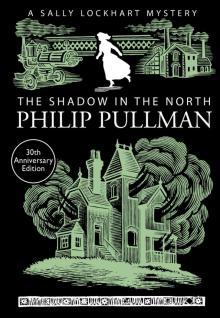 The Shadow in the North
The Shadow in the North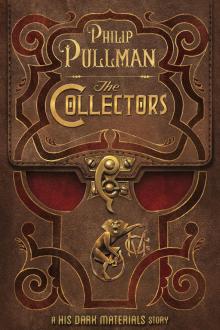 The Collectors
The Collectors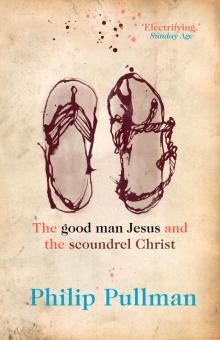 The Good Man Jesus and the Scoundrel Christ
The Good Man Jesus and the Scoundrel Christ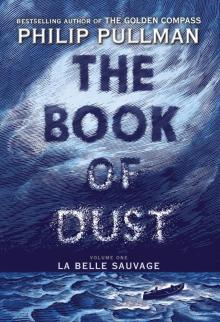 La Belle Sauvage
La Belle Sauvage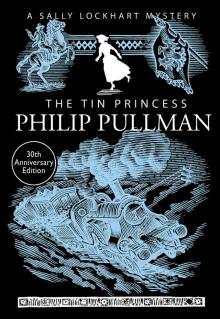 The Tin Princess
The Tin Princess The Firework-Maker's Daughter
The Firework-Maker's Daughter The Book of Dust: The Secret Commonwealth (Book of Dust, Volume 2)
The Book of Dust: The Secret Commonwealth (Book of Dust, Volume 2)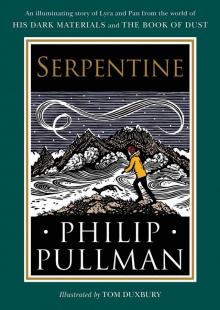 Serpentine
Serpentine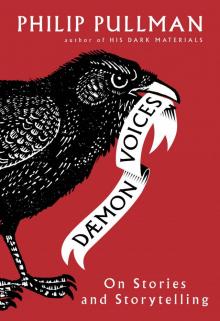 Daemon Voices
Daemon Voices The Amber Spyglass: His Dark Materials
The Amber Spyglass: His Dark Materials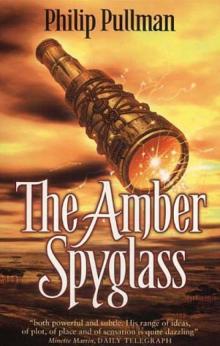 The Amber Spyglass hdm-3
The Amber Spyglass hdm-3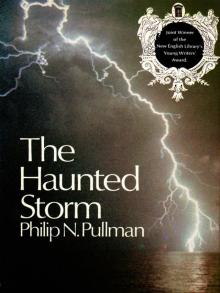 The Haunted Storm
The Haunted Storm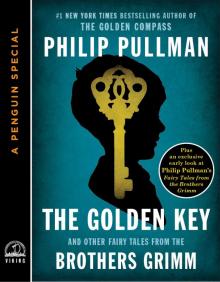 The Golden Key
The Golden Key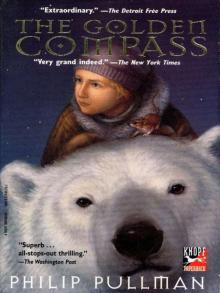 His Dark Materials 01 - The Golden Compass
His Dark Materials 01 - The Golden Compass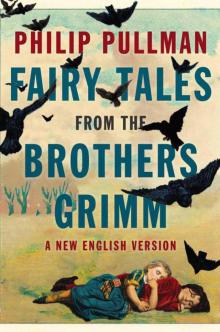 Fairy Tales from the Brothers Grimm: A New English Version
Fairy Tales from the Brothers Grimm: A New English Version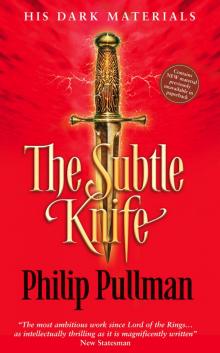 His Dark Materials 02 - The Subtle Knife
His Dark Materials 02 - The Subtle Knife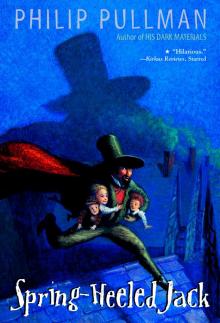 Spring-Heeled Jack
Spring-Heeled Jack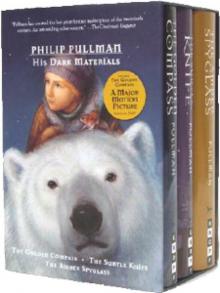 The Golden Compass hdm-1
The Golden Compass hdm-1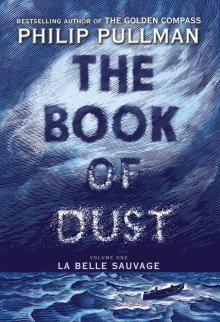 The Book of Dust, Volume 1
The Book of Dust, Volume 1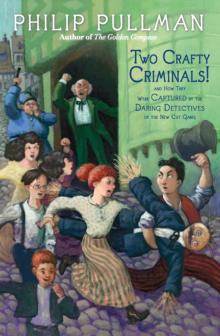 Two Crafty Criminals!
Two Crafty Criminals!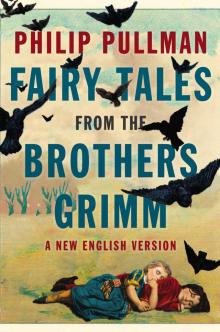 Fairy Tales from the Brothers Grimm
Fairy Tales from the Brothers Grimm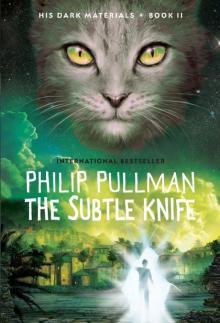 The Subtle Knife: His Dark Materials
The Subtle Knife: His Dark Materials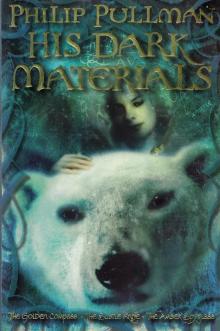 His Dark Materials Omnibus
His Dark Materials Omnibus The Golden Compass: His Dark Materials
The Golden Compass: His Dark Materials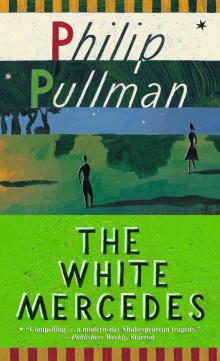 The White Mercedes
The White Mercedes